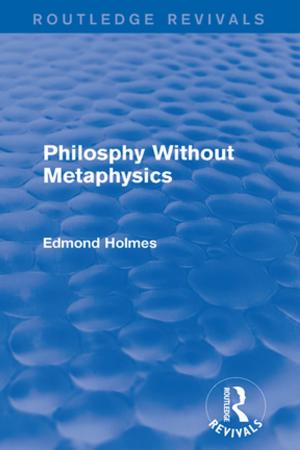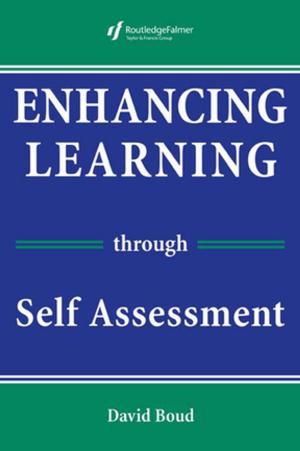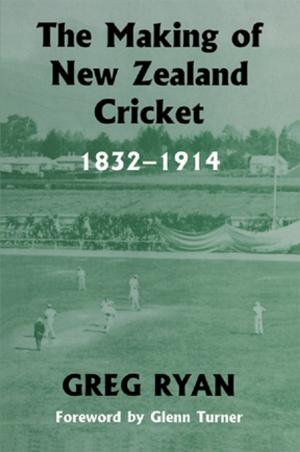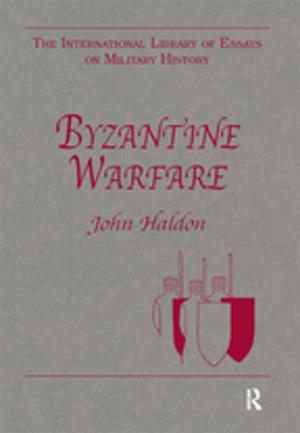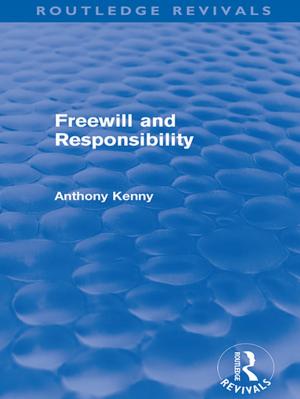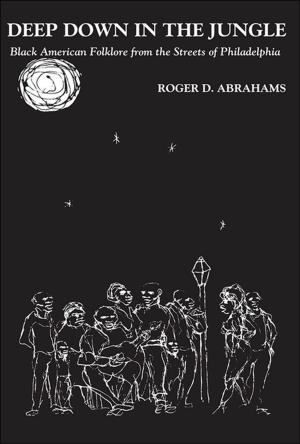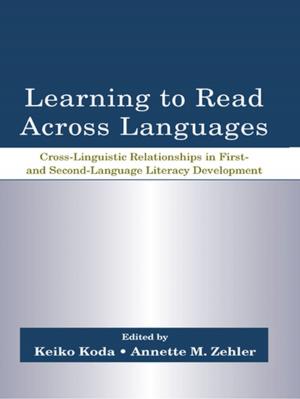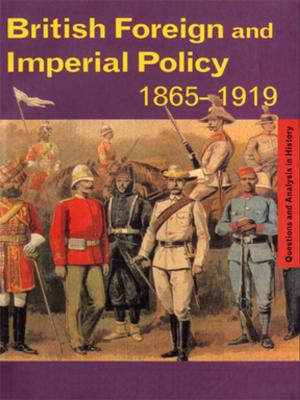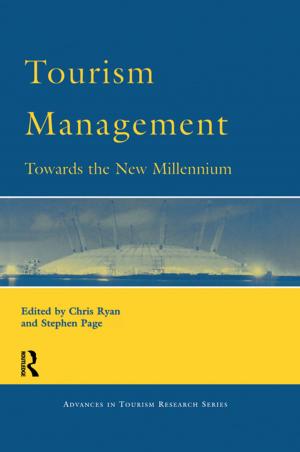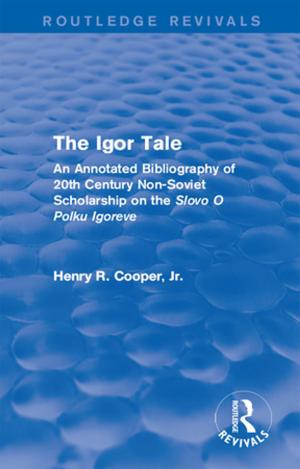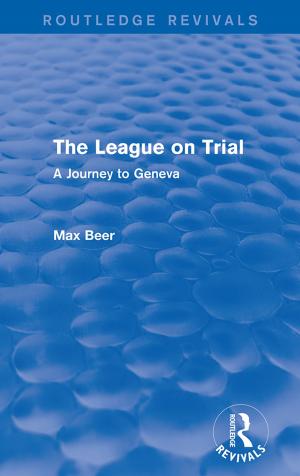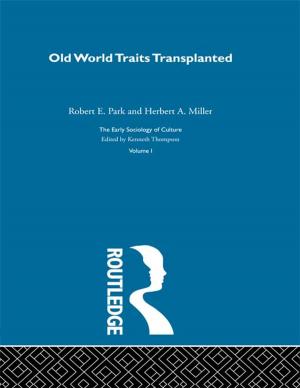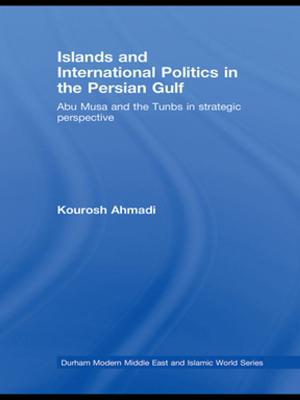| Author: | Sue Vice | ISBN: | 9781134666225 |
| Publisher: | Taylor and Francis | Publication: | September 2, 2003 |
| Imprint: | Routledge | Language: | English |
| Author: | Sue Vice |
| ISBN: | 9781134666225 |
| Publisher: | Taylor and Francis |
| Publication: | September 2, 2003 |
| Imprint: | Routledge |
| Language: | English |
Examining the controversies that have accompanied the publication of novels representing the Holocaust, this compelling book explores such literature to analyze their violently mixed receptions and what this says about the ethics and practice of millennial Holocaust literature. The novels examined, including some for the first time, are:
* Time's Arrow by Martin Amis
* The White Hotel by D.M. Thomas
* The Painted Bird by Jerzy Kosinski
* Schindler's List by Thomas Keneally
* Sophie's Choice by William Styron
* The Hand that Signed the Paper by Helen Darville.
Taking issue with the idea that the Holocaust should only be represented factually, this compelling book argues that Holocaust fiction is not only legitimate, but an important genre that it is essential to accept. In a growing area of interest, Sue Vice adds a new, intelligent and contentious voice to the key debates within Holocaust studies.
Examining the controversies that have accompanied the publication of novels representing the Holocaust, this compelling book explores such literature to analyze their violently mixed receptions and what this says about the ethics and practice of millennial Holocaust literature. The novels examined, including some for the first time, are:
* Time's Arrow by Martin Amis
* The White Hotel by D.M. Thomas
* The Painted Bird by Jerzy Kosinski
* Schindler's List by Thomas Keneally
* Sophie's Choice by William Styron
* The Hand that Signed the Paper by Helen Darville.
Taking issue with the idea that the Holocaust should only be represented factually, this compelling book argues that Holocaust fiction is not only legitimate, but an important genre that it is essential to accept. In a growing area of interest, Sue Vice adds a new, intelligent and contentious voice to the key debates within Holocaust studies.

